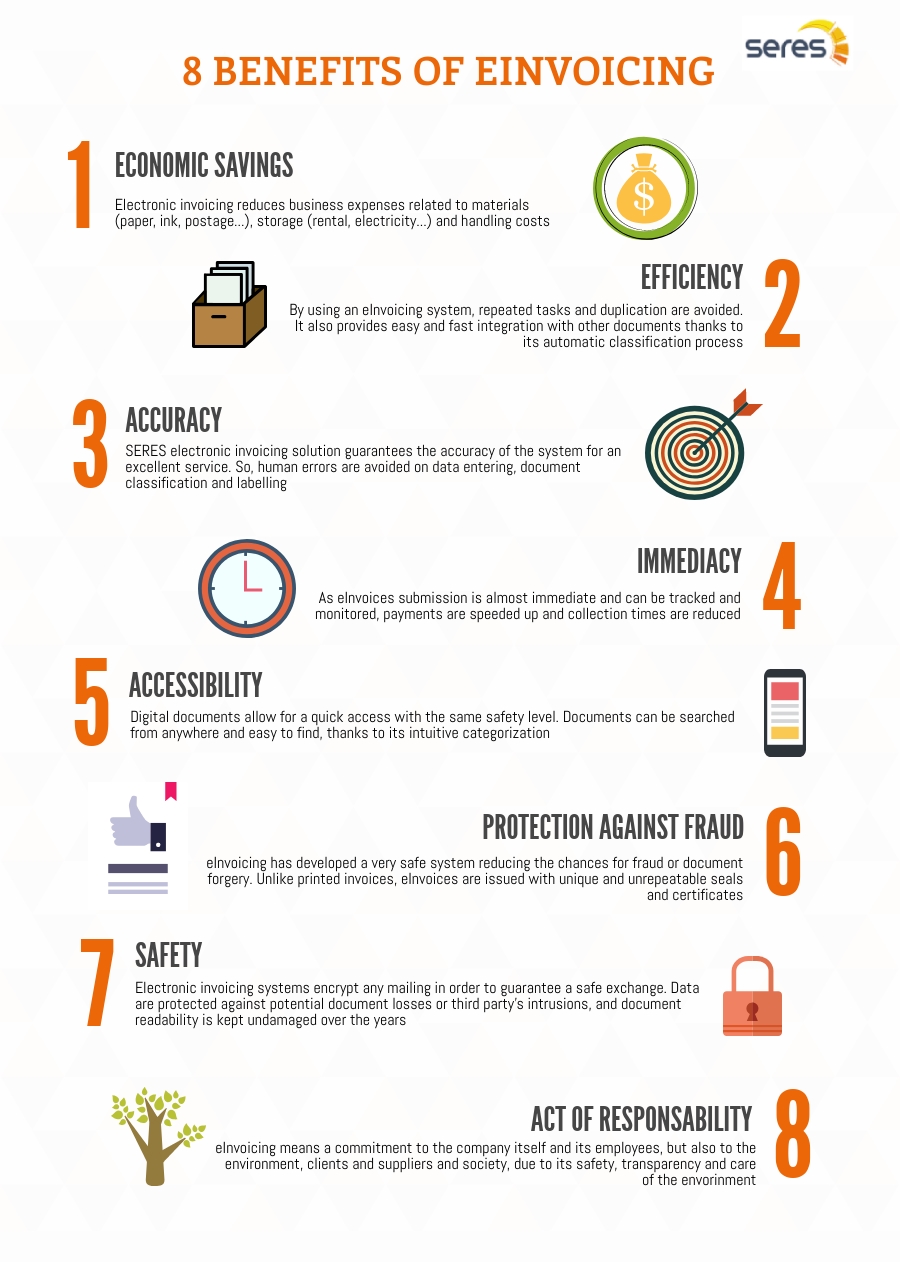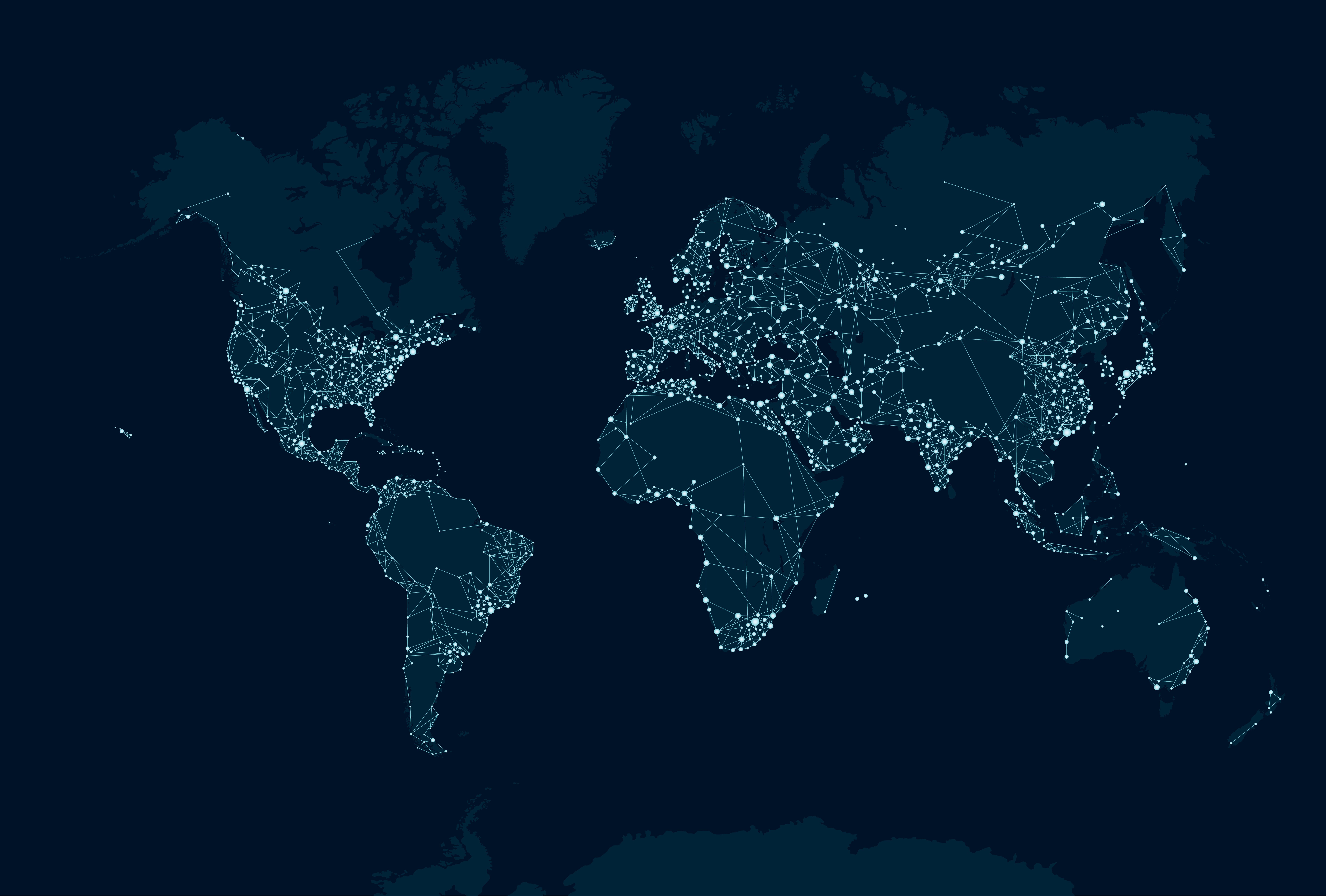SERES publishes a report on e-invoicing in America
SERES has published a report on the status of e-invoicing in the Americas region for the year 2023. The study highlights the increasing number of countries, including Bolivia, Paraguay and the Dominican Republic, that are adding new taxpayer groups to their e-invoicing regimes.
This report will discuss the digitisation process of companies, the benefits of electronic invoices, and the future of electronic invoicing in the Americas. The focus will be on the PEPPOL electronic exchange network.
Countries in America in the process of adopting e-invoicing
The experience of countries that have adopted electronic invoicing and its benefits for companies should serve as a turning point for other countries in the Americas where electronic invoicing is not yet mandatory.
Canada, the United States, Nicaragua, and Venezuela are among the countries actively working on implementing this type of system.
- Over the past few years, the Canada Revenue Agency (CRA) has issued circulars that make reference to electronic invoicing and the accuracy, security and integrity of the data that is processed and stored in the system.
- In 2022, a pilot project was launched in the United States to test the exchange of B2B electronic invoices with the aim of creating a public system for voluntary adoption in the future. In May 2023, the Digital Business Networks Alliance was established to create a common network in North America for the efficient exchange of electronic invoices.
- Article 57 of the Venezuelan VAT Law requires the use of electronic invoicing. The tax authority is required to establish rules for this type of invoicing.
- In Nicaragua, businesses have the option of using electronic invoicing, which was legislated through Technical Provision No. 09-2007 on 23 May 2007. Local regulations permit the issuance of invoices through electronic means, although they cannot be classified as electronic or digital invoices.
Benefits of e-invoicing in America
- Its ability to drive digital transformation. Serving as a catalyst for the ongoing digital transformation of businesses.
- Streamlining processes by significantly reducing invoicing timeframes.
- Enhancing cost efficiency by alleviating the financial burden of traditional paper-based invoice delivery methods.
- Improving sustainability by reducing the environmental impact of paper consumption and physical transportation (carbon footprint).
- Improving traceability and security is a further benefit. Ensuring efficient and secure management of the invoicing process and payment oversight, this system
- Time-saving benefits by reducing administrative burdens related to invoicing procedures.
- Additionally, it provides greater transparency and accessibility, facilitating clear access to critical information.
- By countering payment delays and mitigating invoice forgery and fraudulent activities in business relationships, this system also helps to reduce errors.
- Preventing errors and improving invoicing and accounting practices is key.
What PEPPOL means for e-invoicing in America
PEPPOL is a network that provides a secure, open, and flexible architecture by accepting a large number of electronic exchange standards that have been used and tested for many years in B2B communication.
It enables businesses to communicate electronically with other businesses during the contracting and invoicing process, thereby increasing efficiency and reducing costs.
PEPPOL offers citizens greater competition in government contracts and improves efficiency through automated processes, resulting in better value for taxpayers' money. For smaller businesses, PEPPOL provides greater access to international markets. The 4-cornered model allows connection with any public sector organization or private company on the network.



